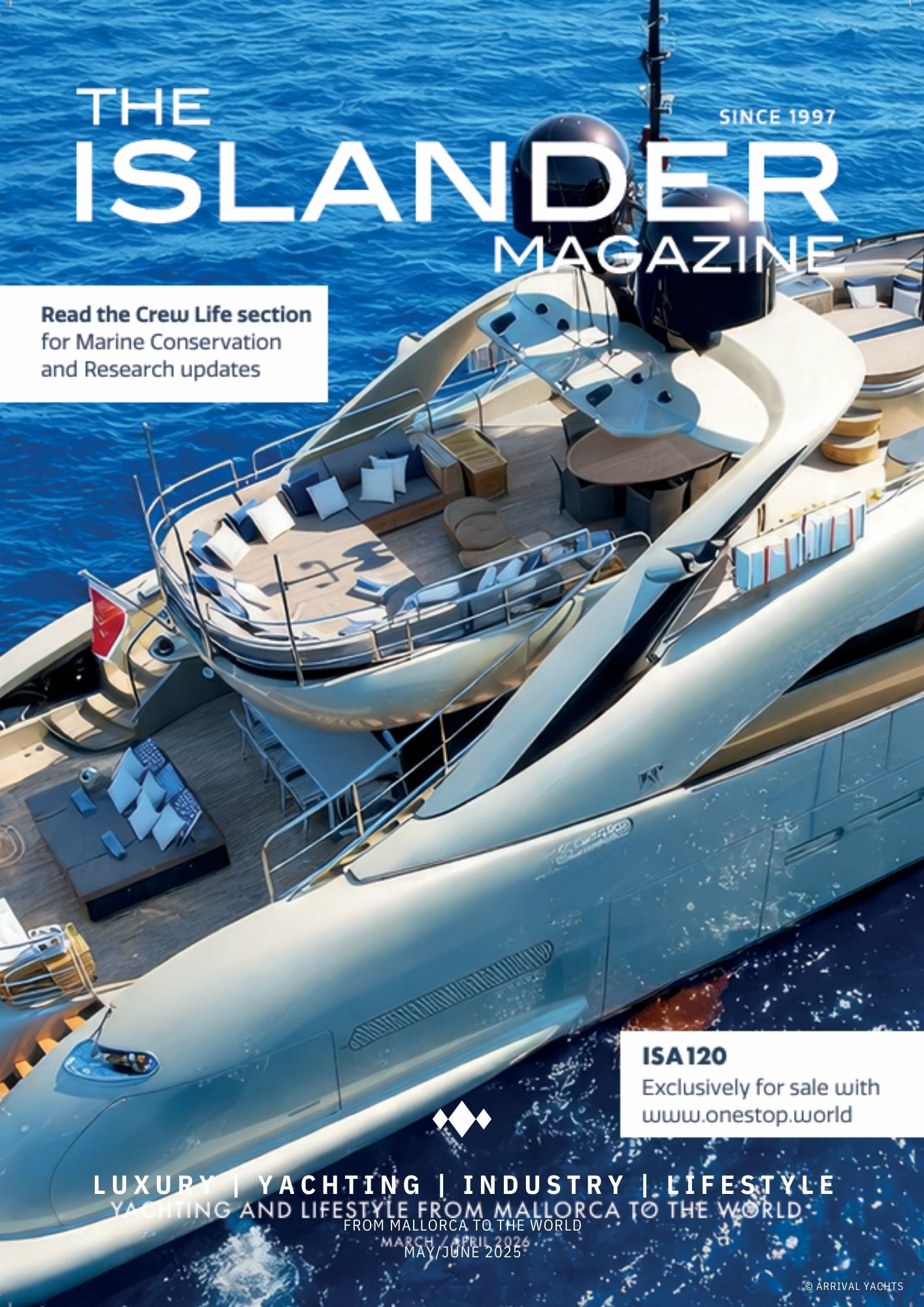By Brad Robertson – President of Asociación Ondine
Something that becomes very clear very quickly when you live on a small island is that there is no “away” for the waste that we create. This tends to concentrate the mind with every trash bag that is put out!
So, what is the truth about trash here on Mallorca and what can we do to keep the volume as low as possible? Which items can be recycled here and which cause a real headache?
But first, a few statistics!
- In the summer months the volume of waste doubles to that of the winter months.
- Approximately 730,000 tons of waste occurs on Mallorca every year and of this roughly 20 per cent is recycled. This means that of every 100 tons, 80 tons are not recycled.
- Ibiza and Menorca export 3,000 to 4,000 tons of recyclable plastics and tins to Mallorca every year but 95 per cent of their waste goes to landfills which have approximately five years left until they are totally full. No other external waste is imported to Mallorca.
What happens to our waste when we put it into the coloured recycling bins around the island?
Paper, cardboard and glass – that’s the blue and round green bins – get picked up and given pre-recycling treatment, which is mainly cleaning, before being sent to Zaragoza on mainland Spain to be recycled. So guys, although these are used again, the process still involves significant transport costs and we need to try and keep our usage to a minimum. If you don’t need to print something or you can reuse your jars and bottles then, each time you do it, the environment gets a bit happier!
Plastics, cans and tetra bricks – in the yellow recycling bins – are separated and cleaned but 10-15 per cent of the materials put into these bins are not acceptable and have to be separated from the rest, which leads to additional problems and costs.
Tetra bricks are usually recycled for use as house insulation on the island and aluminium cans are also successfully recycled.
Plastic bottles, high density polyethylene and plastic film used in packaging are sent to the mainland to be recycled, which is good but has the same transport and carbon-footprint costs of paper and glass. However, bioplastics, take away coffee cups and the like, polystyrene and hard plastics such as coat-hangers and toys, present different problems and so are not recycled at all.
This sounds rather gloomy, yet there are plenty of examples which show that great change can happen very quickly if enough people get behind it. For instance, in 2003 our neighbouring tourist island of Sardinia was only recycling three per cent of its trash and was almost bottom of the European league in sustainable waste management. Now it’s leading the way by recycling more than 60 per cent of its waste, and is on track for 80 per cent by 2022. In addition to this, its amount of waste generated has dropped sharply as towns and cities strive for zero waste status. The residents of this tourist region have totally embraced the ideas of a circular economy and they are making it work!
#desnudalafruta
Here on Mallorca we’re making a start. The unnecessary use of polystyrene for all sorts of packaging is gaining more awareness with the #desnudalafruta campaign to stop big supermarkets from wrapping fruit and veg in loads of plastic on polystyrene trays – including the ones marked “Organic” and “Bio” which you would imagine could do without being packaged as they are intended to appeal to people who are more aware of health and nature in the first place!
All you earth-friendly people who are participating, by uploading photos as you shop onto #desnudalafruta, are doing a great job. The more businesses see that their clients don’t like all their fresh food covered in plastic, the quicker things are likely to change. Keep up the naming and shaming on this one guys and we may get great results!

Other ways to avoid plastic and the waste that goes with it, is to try and shop in places like La Granoteca (Carrer Comte de Barcelona 6, Palma) where dried goods such as flour, pasta, spices, herbs, pulses and rice are sold lose. You can take your own containers or usually these bulk shops will provide paper bags. Our local markets are also good places to buy “naked” fruit and veg, and it is encouraging to see the number of small green-grocer shops that have sprung up all over the island and that specialise in local, in-season, produce.

Someone who has been doing fantastic work in making plastic alternatives available on the island recently is Hannah Russell. This former stewardess started up her company, Viveco, last December. Now she regularly gives presentations to companies and yachts who want to lessen their plastic usage. Viveco brands itself as the one-stop-shop for plastic alternatives and supplies bamboo cutlery, toothbrushes and drinking straws, bees wax wraps (so, no more cling film needed), stainless steel food storage boxes, razors, recycled baking paper and foil, laundry eggs and a host of other novel home hacks which can be delivered directly to your front door or gangplank! Awesome work Hannah! See www.viveco.co
For more ideas on living sustainably on our small island it’s worth looking at the Zero Waste Mallorca Facebook page and, obviously (!), the Asociación Ondine Facebook page where we post all the environmentally friendly things that we hear of here on the island. There’s a lot going on, which is really exciting. With all of you ocean-legends out there, Sardinia won’t be resting on its laurels for long! Go Mallorca! and let’s get the clear blue seas, pristine white sands and clean green mountains back again!
















0 Comments